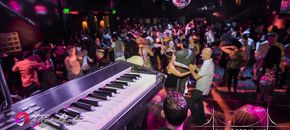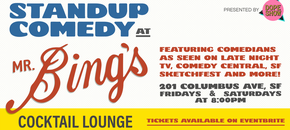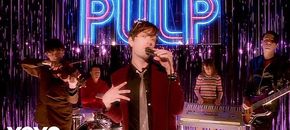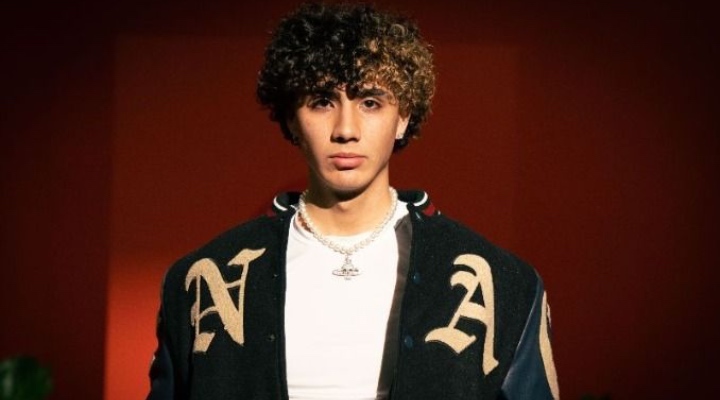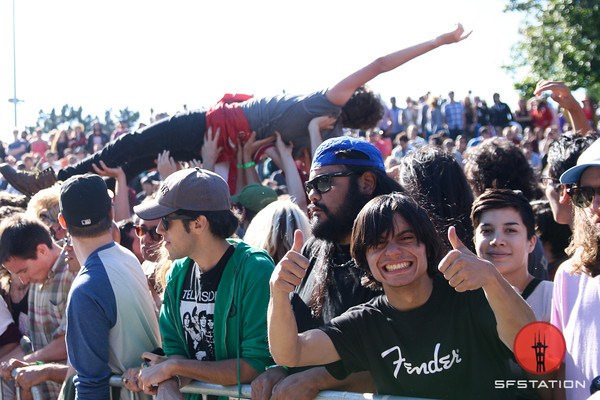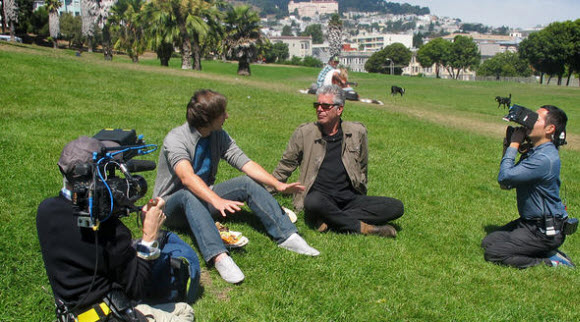DJ Q&A : DJ Nu-Mark
While the legendary hip-hop group Jurassic 5 no longer exists, the talents and musical contributions of each member are still going strong today. DJ Nu-Mark, formerly the group’s DJ, is best known for his inventive improvisations and impressive record collection, which is estimated at over 35,000.
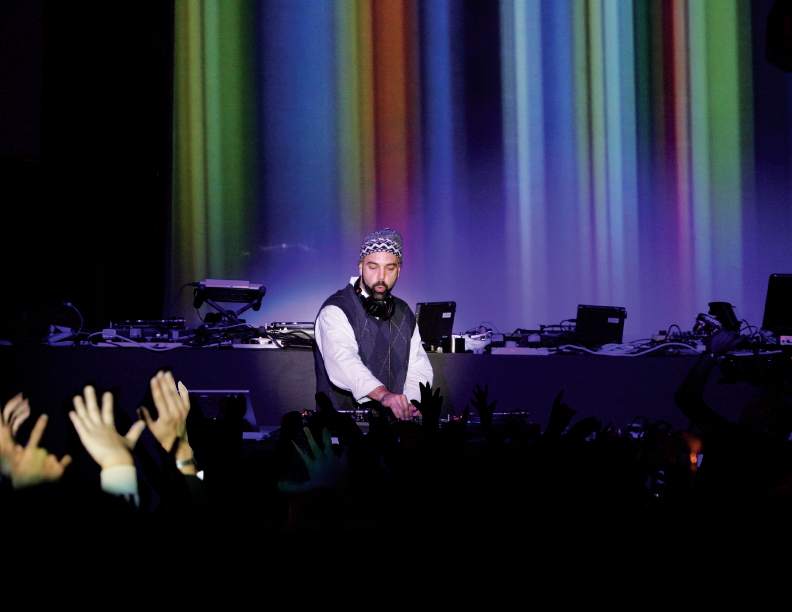 Currently putting the finishing touches on his debut production album, he has been keeping busy working with all different types of artists, including SNL’s The Lonely Island. He plays a rare all-Brazilian set this Friday, November 4th at SOM.
Currently putting the finishing touches on his debut production album, he has been keeping busy working with all different types of artists, including SNL’s The Lonely Island. He plays a rare all-Brazilian set this Friday, November 4th at SOM.
You went from producing to DJing. Do you think it gave you an advantage, since you were so well-versed with real sounds of instruments versus samples?
I think understanding the percussion world has helped me the most. Since hip-hop and funk are extremely focused on the rhythm section, it gave me an early understanding of what “funky” really meant. Playing drums at a young age was the catalyst to big beats.
What’s changed the most in terms of starting a DJ career today versus when you began your career?
Technology and style are the things that have changed the most since I began. In the 80s I used to lug seven crates of records to house parties with a DJ coffin, speakers, amps and more. Buying records was a full-time job in itself and very expensive. Pretty much all the money I’d make from house parties went right back into buying vinyl.
Today, you can buy a laptop and do one trade with a DJ and have doubles of every record you desire. Also, back in the day there was more awareness and respect for the lyrical portion of hip-hop. Big Daddy Kane, Rakim, Chill Rob G., Kool G. Rap, etc., all put in major efforts to cohesively draw a sentence together in a way that had never been heard before.
Groups back then also bent over back words to separate their style from the next man; De La sounded nothing like Public Enemy, Juice Crew sounded nothing like N.W.A., Jungle Brothers sounded nothing like Ultramagnetic Mc’s. It was considered “wack” to bite another man’s style. Today, sounding like someone else is very acceptable and even rewarded with radio play and funding from the record labels because they understand what box to put that artist in. Lately, lyrics have been focused to a hook or a catchy phrase not an inventive and complex phrase like the golden era.
You have an impressive collection of records. Do you find it harder to shop for vinyl these days?
To tell you the truth I’ve lost a bit of my drive to buy vinyl in thrift shops, basements etc.. The internet has made it easier for me to cherry pick the holes in my collection. I’m sure I’ll return to the dirty dig one day, just need a little time to harvest the crops from all the years of collecting.
How did you figure out the rubber band trick of attaching it onto your needle or tying a string to a 1200?
I was playing with a rubber band on my front porch after a tour with J5. On that tour I remember we kept having feedback problems from our needles and records. Our engineer kept telling myself and Cut Chemist that the needle is just a microphone and that we really need to be careful of our volume. So I thought maybe that needle/microphone will pick the sound of this rubber band up.
What’s your opinion of hardware versus software?
Software can give you access to more sounds, styles and flexibility while driving you absolutely crazy with bugs and 3rd party plug ins/ apps sometimes uncompatable with your host software. Hardware has a big lush sound but is restricted to the sounds of that individual piece of gear and limited flexibility in accordance to today’s standards.
Have you transitioned to more software through the course of your career?
I’m very software based yet I still incorporate hardware for the sheer sound of a piece. I’ve jumped from platform to platform now more then ever because the software game changes at a much more rapid rate then hardware.
What’s one tool/piece of equipment that you think you’ll always use for the rest of your musical career?
None in production world but I’ll probably always use the Technics 1200 at least to produce from. Never know with the future. If you would have told me that the computer will take over DJing one day in the 90’s I would have said, “You’re absolutely trippin,” so who knows.
Some people consider yo an old school hip-hop head. Where do you see hip-hop heading these days?
No no, I don’t consider myself old school. I’m middle school. I respect old school but Grand Master Flash, Kool Herc, Bam…those guys are old school. I made my debut in the mid 90’s. Hip-hop is heading to a more digital age, It’s already starting to sound a bit like techno or house. Vocals today sound like a robot and less human (auto tune). I think it will go very digital then right back to real instruments again like the 80’s electro era of Kraftwerk into the 90’s Native Tongue sound.
We heard you’ve been working with The Lonely Island. What have you been doing with them?
I did a few songs on both of their albums. These guys might be some the most professional creators in the studio I’ve witnessed. They’re very fast and to the point with their topics and hooks. I produced “Punch You In The Jeans” and “Old Saloon” off the first album and “Rocky” on the new album. Would love to do more work with them.
Ever think of making a cameo in one of their skits?
I’d love to but they need to give me the green light and I can only hint so much.
Lastly, what are you currently working on?
I’m puttin the final touches on my debut production album called Broken Sunlight. I’m creating the music and beats for a film on Sony called Planet B-Boy and I’m steadily making beats!
